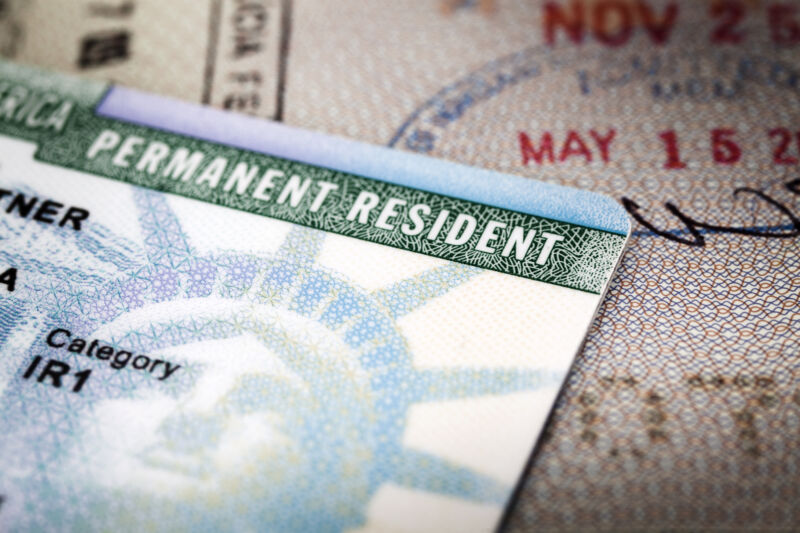
Tech firms are pushing back against the Trump administration after President Donald Trump yesterday issued an order suspending the issuance of a wide range of work visas, including the type that allows high-skilled workers and their families to enter the country and work for American technology companies.
Monday’s proclamation renews and expands on an earlier order issued in April.
Both the April and June orders claim that admitting workers from other nations at this time would put the United States at an economic disadvantage while the nation tries to recover from massive job losses related to COVID-19. The new order extends the existing limitations on immigration into the US through at least the end of the year, and it additionally prohibits several categories of non-immigrant worker visas from being issued in the back half of 2020. The visas now being limited include types H-1B, which applies to high-skilled degree-holding workers; H-2B, which applies to temporary workers in non-agricultural industries; J, which applies to exchange visitors, both educational and professional; and L, which applies to individuals transferring to a US location within the company for which they already work.
The order does not apply to anyone who already holds a green card, who is the spouse or child of a US citizen, or whose entry “would be in the national interest” as determined by the State Department or the Department of Homeland Security, including health care workers involved in COVID-19 research or treatment. Agricultural workers entering the country temporarily are also exempt. The order applies only to new visas and does not affect those who already have been approved for a relevant visa or are already in the US.
Big Tech is Big Mad
The H1-B program is capped at 85,000 visas per year, and large US tech firms compete mightily to hire foreign workers through that program. Google alone filed for more than 7,600 H-1B visas in fiscal year 2019, according to federal data compiled by recruiting firm Dice.
“Immigrants have not only fueled technological breakthroughs and created new businesses and jobs but have also enriched American life,” a Google spokesperson said in response to the new executive order. “America’s continued success depends on companies having access to the best talent from around the world. Particularly now, we need that talent to help contribute to America’s economic recovery.”
Tech rivals Facebook and Amazon also echoed the sentiment that choking off the pipeline for international talent would hinder, rather than help, US economic recovery. “The move to keep highly-skilled talent out of the US will make our country’s recovery even more difficult,” Facebook said. “Highly-skilled visa holders play a critical role in driving innovation—at Facebook and at organizations across the country—and that’s something we should encourage, not restrict.”
“We oppose the Administration’s short-sighted action,” Amazon said bluntly. “The value of high-skilled visa programs is clear, and we are grateful for the many Amazon employees from around the world that have come to the US to innovate new products and services for our customers.”
Major tech-industry trade groups, including the Internet Association and the Information Technology Industry Council, also denounced the administration’s move.
Although major US firms all employ workers on H-1B guest worker visas, the program has not been without controversy. A February report from OneZero found that many employees working for US firms on H-1B visas experience additional pressure, discrimination, or fear at work due to their immigration status. “I believe that H-1B employees tend to tolerate more bullshit from managers because they cannot move to another company that easily, and they cannot just rage-quit,” one employee told OneZero.
https://arstechnica.com/?p=1686565

